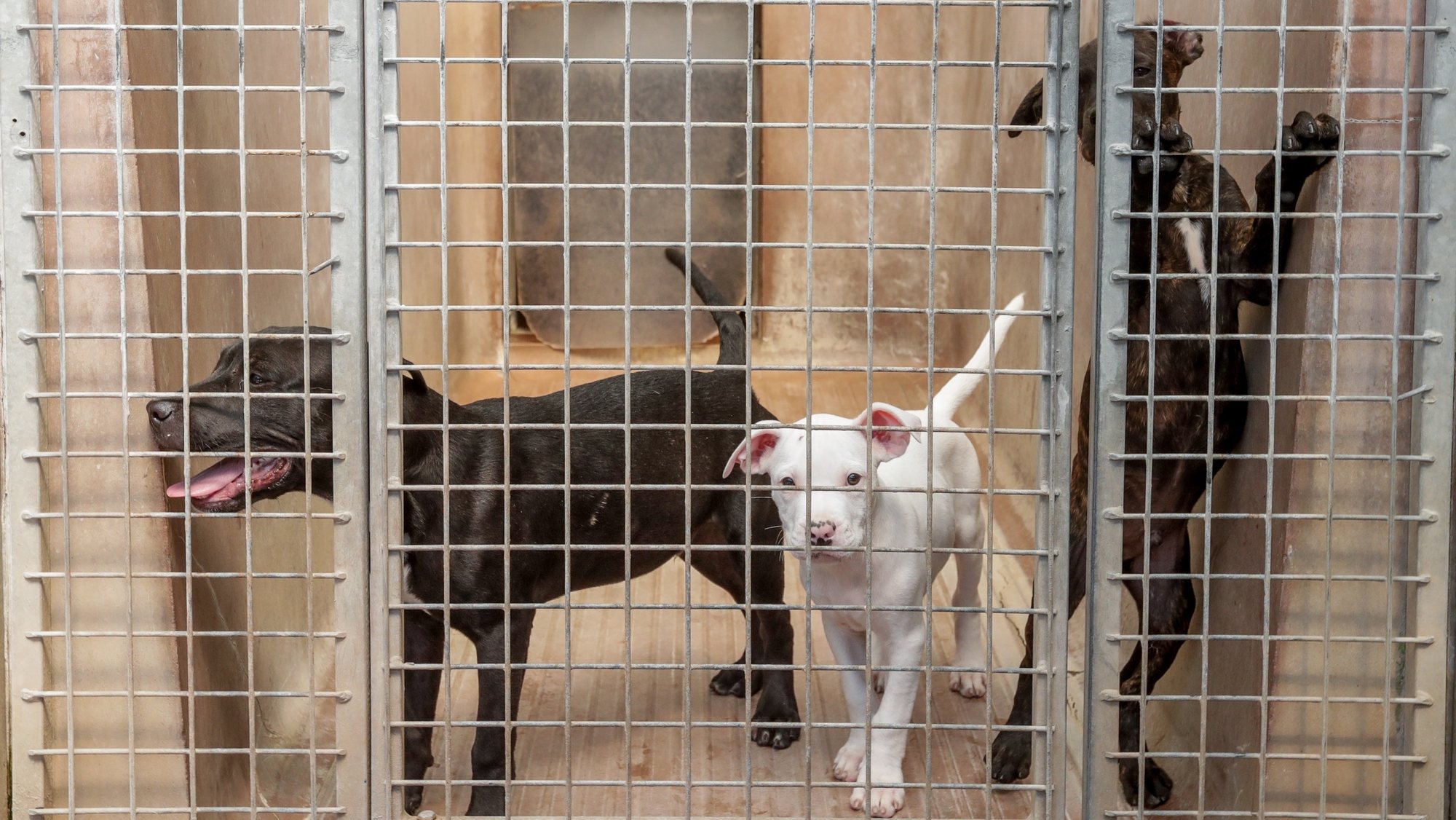The countries of the European Union (EU) agreed on Wednesday to negotiate with Parliament the final version of a law to improve the welfare of dogs and cats and which establishes, for the first time, minimum standards at a European level.
The Council of the EU, which brings together the Member States, indicated in a statement that the legislative proposal aims increase the welfare of breeder dogs and cats and at the same time improve consumer protectionguarantees fair competition and fights against illegal animal trade.
“The proposal does not affect individual pet owners. However, anyone who wants to market a dog or cat on the EU market will need to ensure that it has a tablet for detection purposes,” explained the community institution.
Since the requirements of the legislative proposal are minimum standards, Member States can maintain or introduce stricter standards..
The negotiating position agreed this Wednesday by the ambassadors of the 27 maintains the fundamental principles on welfare proposed by the Commission, such as the regulation of breeding, with frequency limits and maximum and minimum ages.
In addition, it prohibits certain breeding practices, such as inbreeding (breeding between parents and children, between siblings and half-siblings, and between grandparents and grandchildren), although the countries’ position clarifies that inbreeding can be used to preserve local breeds with a reduced genetic diversity.
Painful mutilations, such as cutting ears or tails and removing nails, also They will be prohibited unless they respond to a medical indication.
For dogs over 12 weeks old, they will need to have daily access to an outdoor space or be walked daily.
Operators and establishments will need to ensure that all dogs and cats are microchipped and registered in a national database before selling or donating them.
Furthermore, the people who care for these animals must have “adequate knowledge of their behaviour and needs” and, when selling or donating dogs and cats, the person responsible for them must make the new owners aware of responsible ownership.
Member States introduced a series of changes to their negotiating mandate with respect to the Community Executive’s initial proposal, including a clarification that operators cannot abandon dogs or cats and the prohibition of breeding hybrids (results of crossing with a wild species).
Additionally, cats and dogs that have had two cesarean sections cannot be used for breeding, to protect their health and well-being.
Likewise, dogs and cats with extreme characteristics should be excluded from breeding to avoid transmitting these characteristics to future generations if there is a high risk of harmful effects on their well-being or that of their offspring.
Furthermore, according to the Commission’s proposal, imports will be subject to the same or equivalent standards.
Negotiations between the EU Council and the European Parliament, the EU’s co-legislators, will begin as soon as Parliament has defined its position. The outcome of these conversations will determine the final version of the law..
Current EU legislation only applies to dogs and cats intended for scientific purposes, or transported for commercial purposes, or to prevent the spread of rabies and other contagious diseases, although national rules in Member States differ widely.
Source: Observadora
